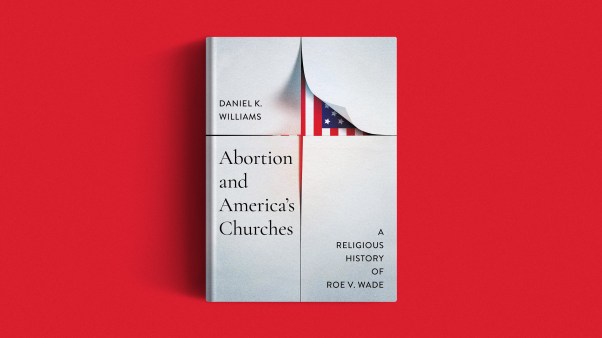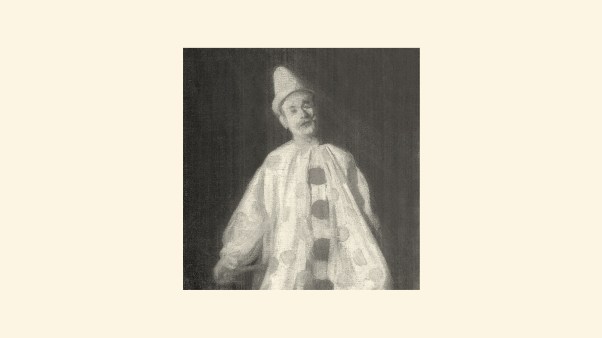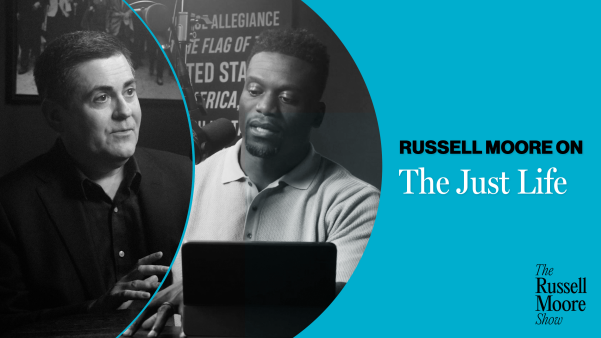My life and worldview will never be the same after living seven years in Uganda. My wife and children, our mission team members, and I all made friends with and learned from people who were struggling out of poverty but still lived full of joy and hope.
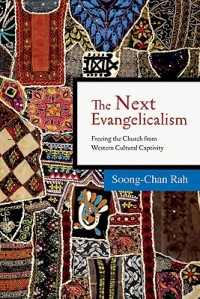
Unfortunately, few Western Christians have the opportunity to learn from believers in other cultures. As a result, we impose our own perspective on Christians worldwide.
In The Next Evangelicalism, professor and pastor Soong-Chan Rah says the evangelical church has been held captive to Western-white power and must be released in the same way the early Christian church was released from Jewish ethnic control. Nearly 95 percent of Christian churches in America have more than 80 percent of one particular ethnic group. Most evangelical churches are white monoliths.
“Racism,” he says, “is America’s original sin.” Our culture and economy were built on the backs of Native Americans and black slaves. But American individualism and consumerism keep Christians from understanding and confessing corporate sin.
According to Rah, today’s “slavery issue” is immigration.
Rah says church leaders maintain a “conspicuous silence” on the issue of immigration. Though some view immigration as a huge problem, Rah interprets law changes as far back as 1965 as catalysts for making immigrants the next hope for evangelical churches.
But the road to change is long and full of pitfalls, and the cards are stacked against non-whites. A 2005 Time story featuring 25 influential evangelicals included only two non-whites. Rah tells stories of churches resisting ethnic change in their communities, but has hope for a few shining examples of churches learning from and embodying ethnic change in their neighborhoods. He says the “colorblind American” approach is superficial and serves only to cover over and hide racial hatred.
Korean-born and raised in a Korean immigrant community, Rah is critical of the modern church growth movement and repudiates the homogenous unit principle, saying God never intended church leaders to target a particular race of people. Rah claims that race itself was never used in the Bible but “nations” is the preferred category, that slave trading states created the concept of race to perpetuate manifest destiny.
The author also finds the term “emergent church” offensive, saying “the real emerging church is the church in Africa, Asia, and Latin America,” which now makes up 60 percent of the world’s Christian population. He says these immigrant communities form a social network that cannot be extricated from their religious practices. The community helps people find jobs and homes, and white Americans can learn much from immigrant communities.
Many churches, meanwhile, have preferred numeric growth to hearing prophetic and diverse voices. Yet only a small group of churches are multi-ethnic, and the melting-pot-turned-salad-bowl of cultures has been covered with a “creamy ranch” that makes even kimchi or jalapeno all taste like salad dressing.
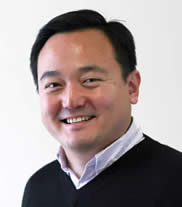
The next evangelicalism, Rah says would embrace a theology of suffering as well as celebration, intentionally give up power, and follow the lead of liminal (in-between) second and third-generation immigrants.
This will require that white leaders intentionally give power to Hispanic, Asian, black, and other minority cultures.
The Next Evangelicalism resonated with me because I grew up white, rich, and Christian. I’m still all of those things, but in a changing world. This book describes the world as we know it today and a vision for what churches could look like tomorrow. Rah warns us that if we fail to wake up and realize the center of the Christian universe is not white America, then we will become increasingly irrelevant and, more tragically, unfaithful to our task to take the gospel to all nations.
While Rah’s tone is challenging, his message is ultimately one of hope. The curse of Babel was reversed at Pentecost, he says. If we heed his message, a renewed vision for this kind of multi-cultural Christianity can bring new life to Christ’s church in the United States.





